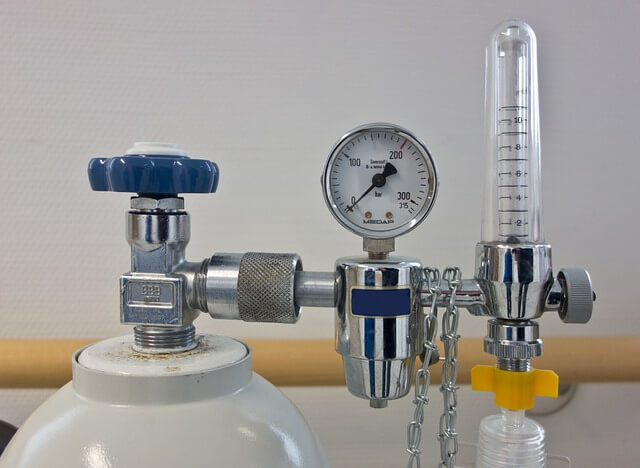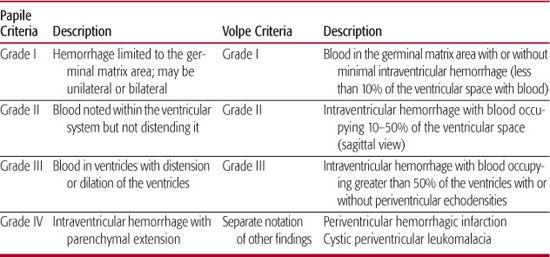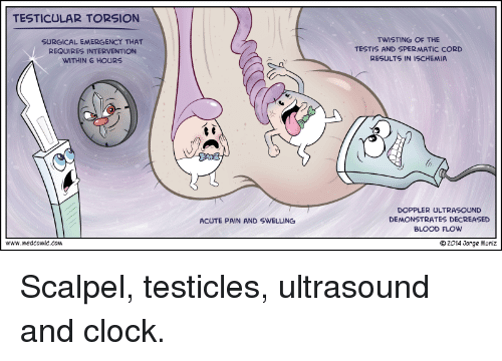Learning Objectives List the differential diagnosis for an acutely painful scrotum. Understand the anatomical basis of testicular torsion. List common presenting signs and symptoms of testicular torsion. Describe both initial and definitive management of testicular torsion. Explain why torsion is an emergent condition and discuss the time for salvage of…

Are You at Risk for These Common Respiratory Problems?
Whether short-term or long-term, respiratory diseases can happen to anyone, often disrupting one’s daily lifestyle and affecting his or her quality of life. According to the World Health Organization, 235 million people suffer from asthma, which is a common lung condition among children. What’s worse is that about 3 million…

Good Powerpoint Presentation in Medicine
Recommended guidelines for a good medical presentation are: 1. Color: Dark words (black/blue) on light background or vice-versa Color schemes constant throughout the presentation Avoid red-text or lines 2. Font and Text content: Family: Common font-family like Calibri, Times New Roman, Arial, etc. Size: Minimum 24 px, e.g. 44px for…

Vancouver (NLM) Referencing Style : General rules of Citation
Vancouver style or NLM style of referencing is commonly used in medicine to cite other’s work in the text. General Rules 1. Reference numbers: Indicate the reference using arabic numerals inside [square] or (curved brackets) or as superscripts – use the same style throughout your scientific writing. Reference numbers must…

History and Physical Examination Format
HISTORY 1. General Information: 2. Chief complaints: Example: Lower abdominal pain X 2 daysNausea and vomiting X 1 day 3. History of Presenting Illness: “OPQRST” for each symptoms Negative history: Treatment received for the complaint Review of systems: may or may not be related to chief complaint – include only…

Medical Blogger Ethics
Overall, blogs are the oldest, most established, and evaluated form of social media, with articles as early as 2004 noting their use in medicine and family practice.(1) Maurice Bernstein (MD, assistant clinical professor of medicine, Keck School of Medicine) was asked if physician written blogs could meet legal and ethical…

Catastropic Intraventricular Hemorrhage in Preterm IUGR newborn
A 31 weeks of gestation baby was born through emergency LSCS for Severe maternal hypertension. At birth baby required resuscitation and baby was intubated and transferred to NICU for ventilation. Fluids and Inotropes were started and ABG was sent. Vitamin K was given stat. Blood gas showed severe metabolic acidosis,…

Modified Centor Criteria for Likelihood of Bacterial Infection In Sore throat
Centor Criteria Mnemonic: CENTOr 1. Cough absent or Can’t cough = +1 2. Exudates or Enlarged tonsils = +1 3. Nodes (Swollen tender anterior cervical lymph nodes) = +1 4. Temeperature >100.4 F = +1 5. Or: <15 years = +1 15-44 years = 0 ≥45 years = -1 Scoring
